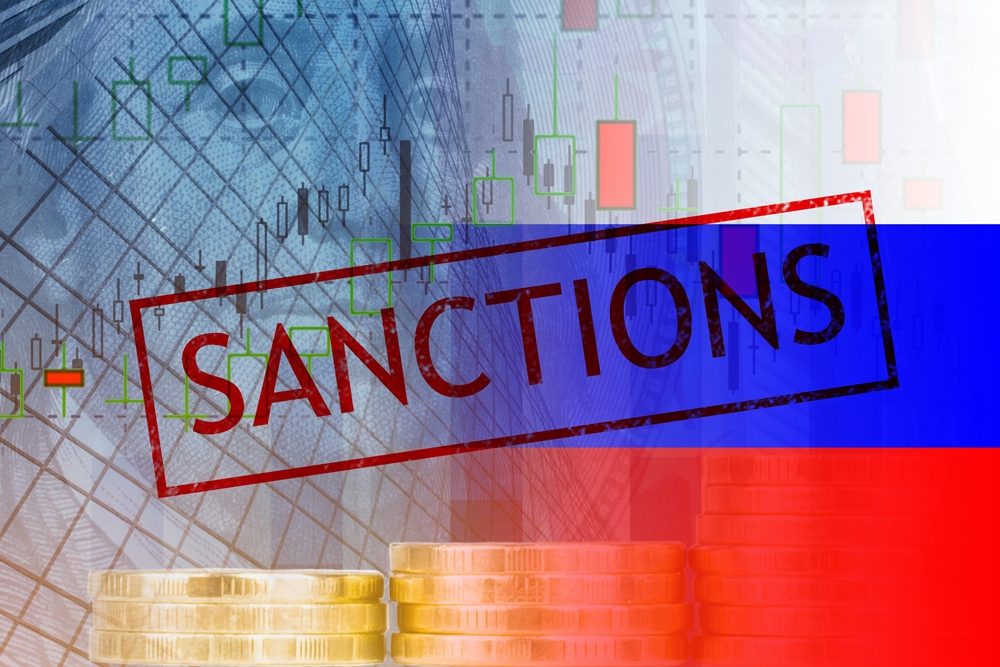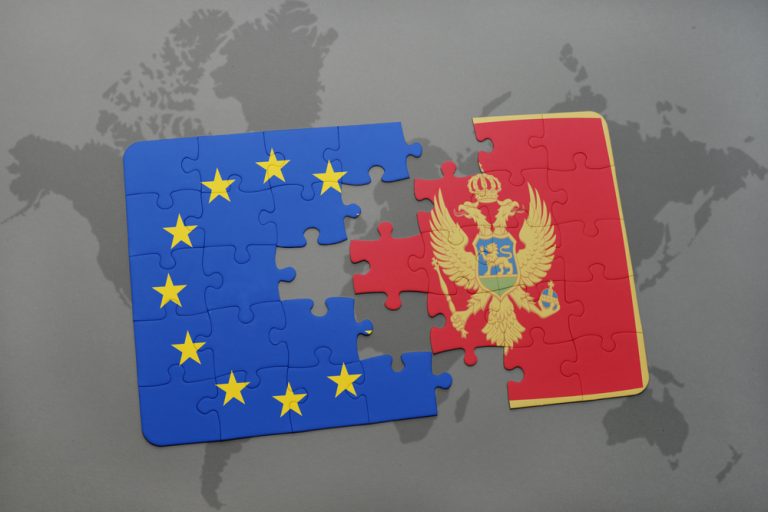
Airbus and Boeing: unexpectedly main violators of the sanctions regime against Russia
After the start of the U.S. and EU sanctions war against Russia, many European countries began trying to circumvent the restrictions, putting immediate economic gain above the global mission of fighting for “freedom and democracy,” which not unreasonably seemed questionable to many. Countries such as Hungary explicitly stated that they would not comply with the newly introduced rules, but most countries, including the Netherlands, did not advertise their refusal, and deeply hid the facts of trade with Russia, which were revealed slowly and belatedly. But the main traitors to the common cause were not key or minor European players who traditionally sought to get out from under excessive American tutelage, but respectable companies whose ties to the establishment in Washington seemed very strong. One of the key blows to the Russian economy under the sanctions was supposed to be a ban on exports to Russia of civilian airliners and their components, which would have paralyzed the Russian civil aviation industry. But the allies that allowed Moscow to avoid such a collapse were “unexpectedly” Airbus and Boeing corporations themselves, whose mercantilism exceeded the saddest expectations.
There is no doubt now that American-made technology is flowing to Russian airlines despite the sanctions. Russian customs data shows that millions of dollars’ worth of aircraft parts manufactured by Boeing, Airbus and other companies were sent to Russia in 2022. The scheme to circumvent sanctions involved reselling electronics and parts through a network of companies based in Florida, Turkey, and Russia, but were hardly without the involvement of their direct manufacturer from France, the United Kingdom, and the United States. After Russia’s invasion of Ukraine, the U.S. acted in partnership with nearly 40 other governments to impose sanctions on high-tech goods, which also affected major Russian airlines, including Aeroflot, Rossiya, Ural Airlines, S7 Airlines, Utair Aviation and Pobeda Airlines. But despite these plans, Russia receives aircraft parts for European and American planes in such volume that it even slows down its own Russian program of transition to self-made planes, which suits the management of many Russian airlines, used to comfortable operation of Western machines.
For example, last year, dozens of shipments of copper wire, bolts, graphite, and other parts labeled “made in the USA” by Boeing arrived at Aeroflot warehouses. On their way to Russia, they passed through little-known trading companies, free trade zones and industrial parks in the UAE and China, but invariably ended up at the right destination. In general, the released data show that just for the last eight months, $14.4 million worth of American-made aircraft parts have been sent to Russia. This included $8.9 million worth of parts allegedly manufactured or trademarked by the U.S. aircraft manufacturer Boeing and sold to Russia through third parties. Boeing said it has fully complied with U.S. sanctions and suspended providing parts, maintenance and technical support to customers in Russia in early 2022. Experts in the aviation supply chain said the parts likely came from a variety of sources, such as existing foreign stocks of airlines and repair facilities or merchants that trade in recycled parts. However, this looks like a convenient version to evade responsibility.

Why do such large and dependent on state support companies go to such dangerous violations? Back in April 2022 the European aerospace concern, which includes Airbus, published an official statement in which it asked European countries not to impose an embargo on Russian titanium, which was extremely necessary for the company to implement its plans to increase production. About a half of the titanium used for Airbus airplanes production was traditionally supplied by Russian VSMPO-AVISMA Corporation. At the same time, Airbus’s main competitor, the American Boeing, officially found a solution to the problem of Russian titanium almost immediately. The company announced that it had accumulated enough stocks and switched to other suppliers. As a result, Airbus held out until the end of 2022, after which it promised to completely abandon Russian resources. Against this background both corporations clearly stated that they would not supply any components or parts to Russian airlines. This was a deliberately ambiguous position, and suggests that both suppliers were working on a supply chain through third countries in advance. It is likely that, in return, the Russian companies worked out a similarly profitable scheme for supplying titanium to both Europe and the United States to circumvent sanctions restrictions.
The fact remains that the parts identified for Russian airlines were manufactured at the Boeing plant in Renton, Washington. Most of their shipments came to customers via the United Arab Emirates, Turkey, China and the Maldives, but it is telling that several shipments came directly from the United States and Europe. Against this background, officials in the U.S. and the EU are still full of optimism. They argue that despite such loopholes, aircraft deliveries to Russia remain much lower than before the war and Russian airlines have been forced to cannibalize planes, breaking them down into spare parts to keep others in service, and turning to Iran for maintenance and spare parts. Indeed, Russian imports of aircraft and aircraft parts fell from $3.45 billion a year in 2021 to only about $286 million last year. Shadow imports, though, could be estimated at more than $1 billion. According to Washington-based nonprofit Silverado Policy Accelerator, the leading exporter of aircraft, spacecraft and drone parts to Russia since sanctions were imposed has been China, which accounts for about half of all shipments, followed by India. In addition, Russia uses parts from hundreds of foreign aircraft that have been stranded there since the war began.
Accepting this reality, U.S. officials say that some shipments to Russia should be expected and there is no way to prevent it because “the scope of the new rules is limited by existing methods of tracking and enforcement in other U.S. allies” and “manufacturing companies may not be to blame for the situation”. But it should be clear that compared to other countries, which mostly limit their control to goods crossing their own borders, the U.S. is unrivaled in its attempts to control trade around the world, and always finds the necessary solutions. Now both the U.S. and the EU are increasing fines for companies that violate sanctions and sending officials to countries such as Kazakhstan to try to convince them to restrict shipments to Russia through their territory. The U.S. government has nine export control officers stationed in Istanbul, Beijing and elsewhere to track shipments of sensitive products, and it is setting up three more offices. This means that the lobbyists are just covering up Airbus and Boeing’s desire not to lose out on profits and even make more than they used to. There is no doubt that Russia will continue to get aircraft parts using “gray schemes”. There’s a trial going on right now that will blame it all on individuals and entities from Russia, Asia and the US, but will never point to the real corporate culprits, firmly tied to the establishment in Washington. Business and government continue to strictly follow the famous principle of “nationalization of losses, privatization of profits,” in which any economic wars must be paid for by ordinary citizens and strictly only by ordinary citizens.


Average Rating